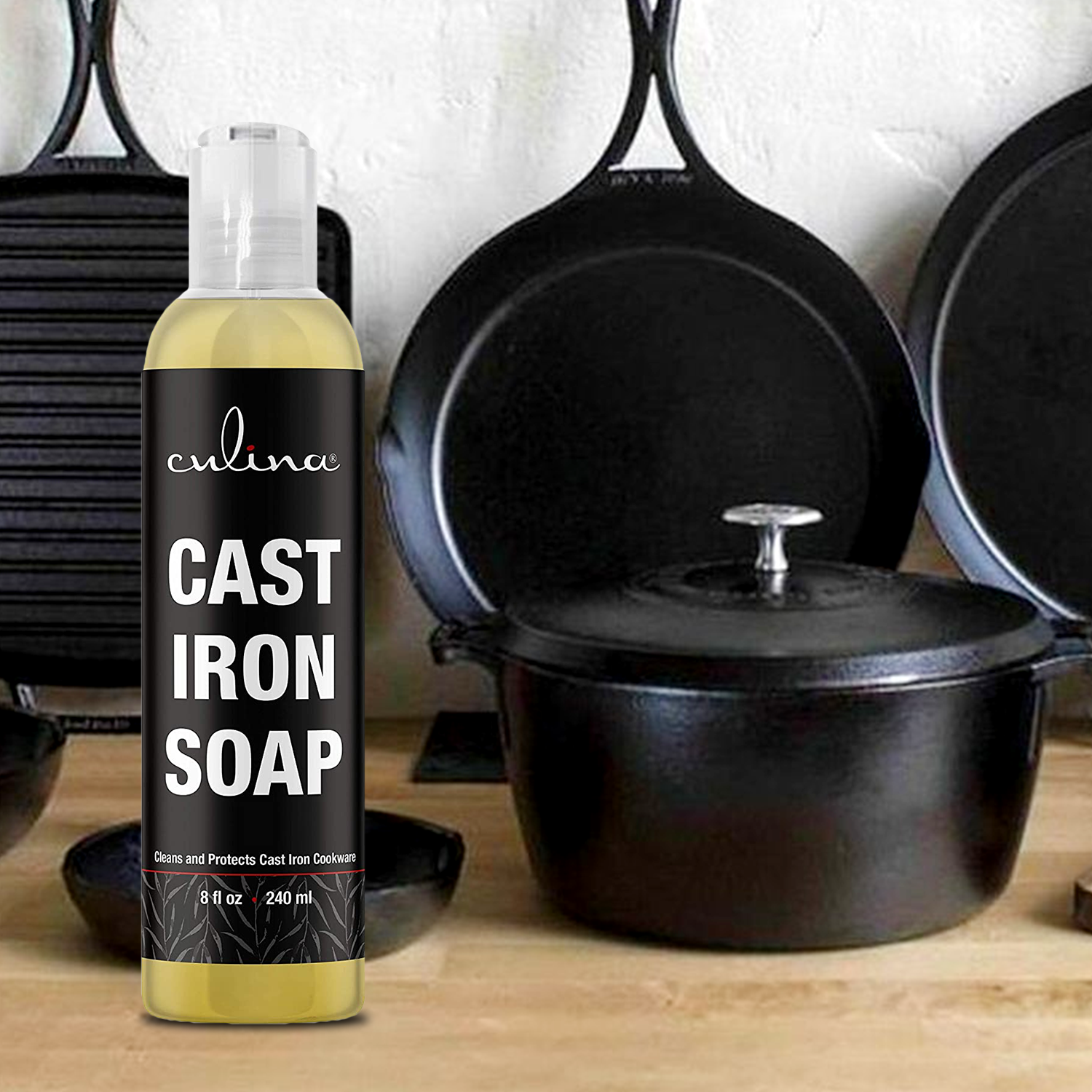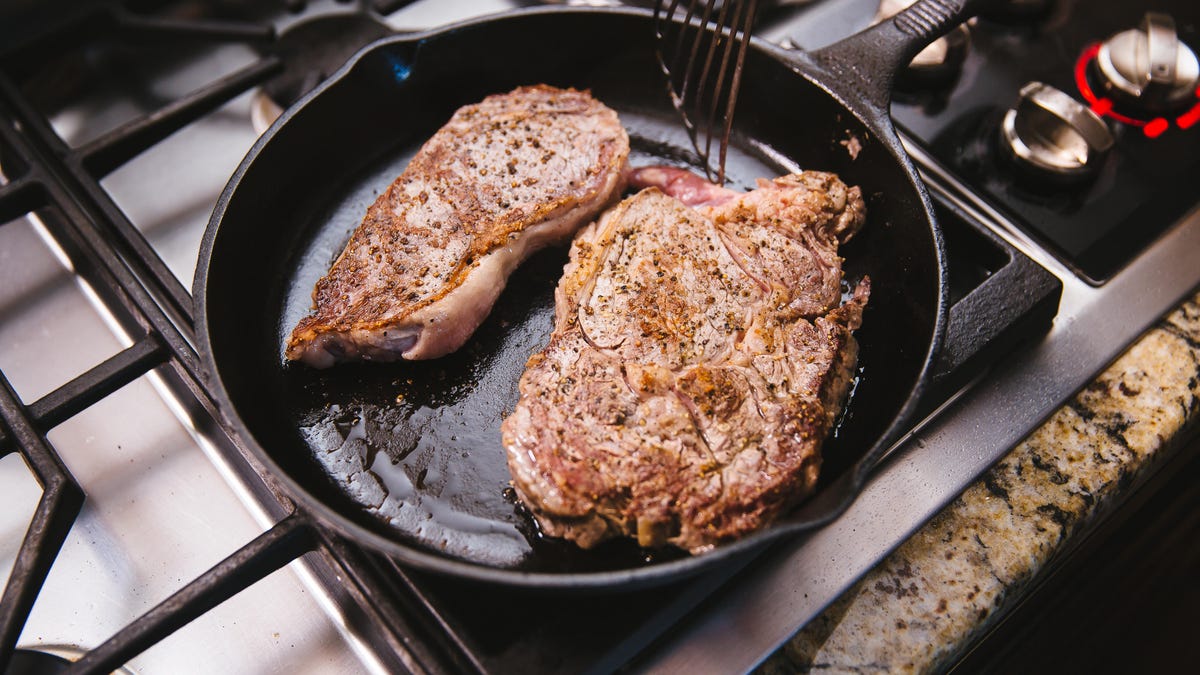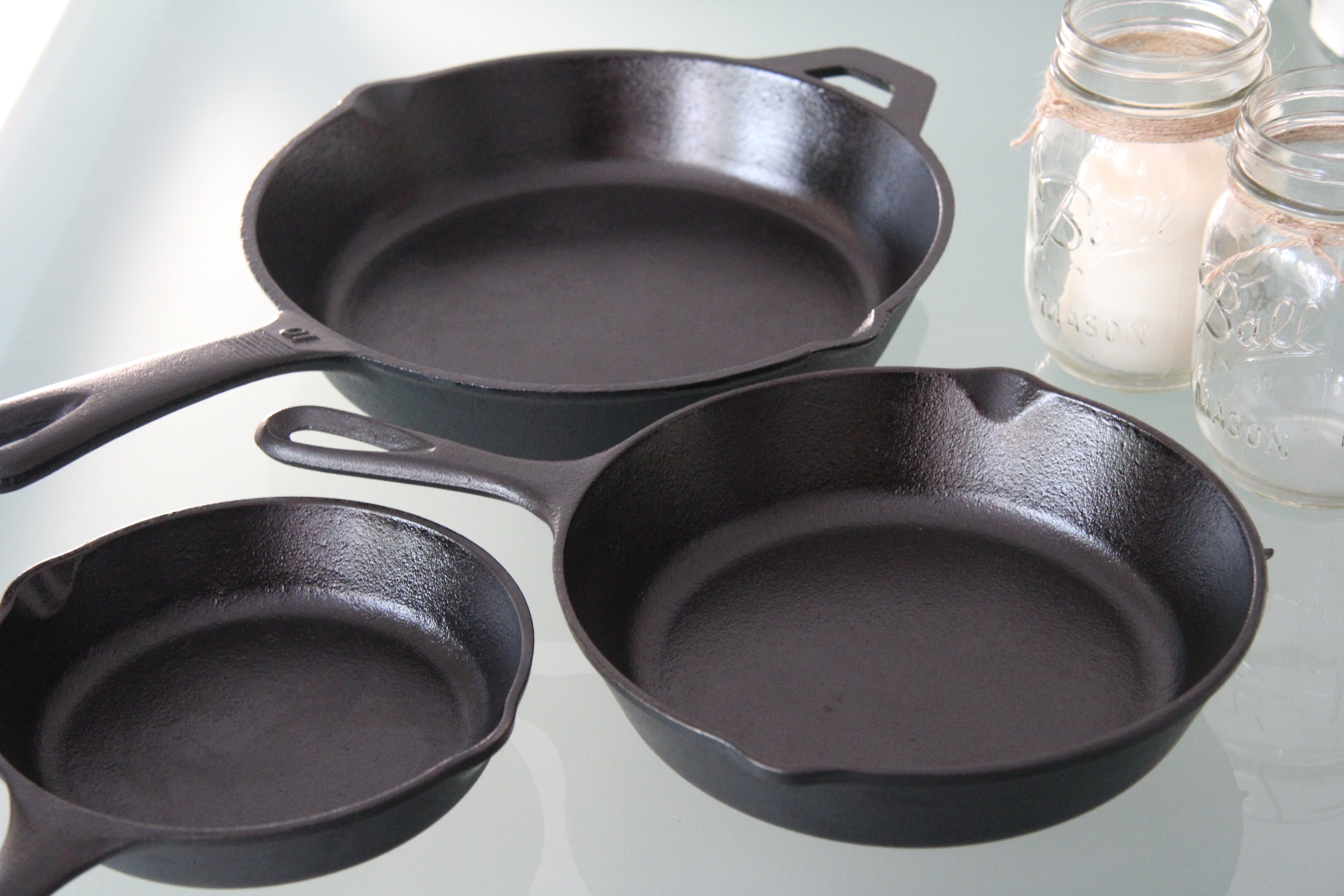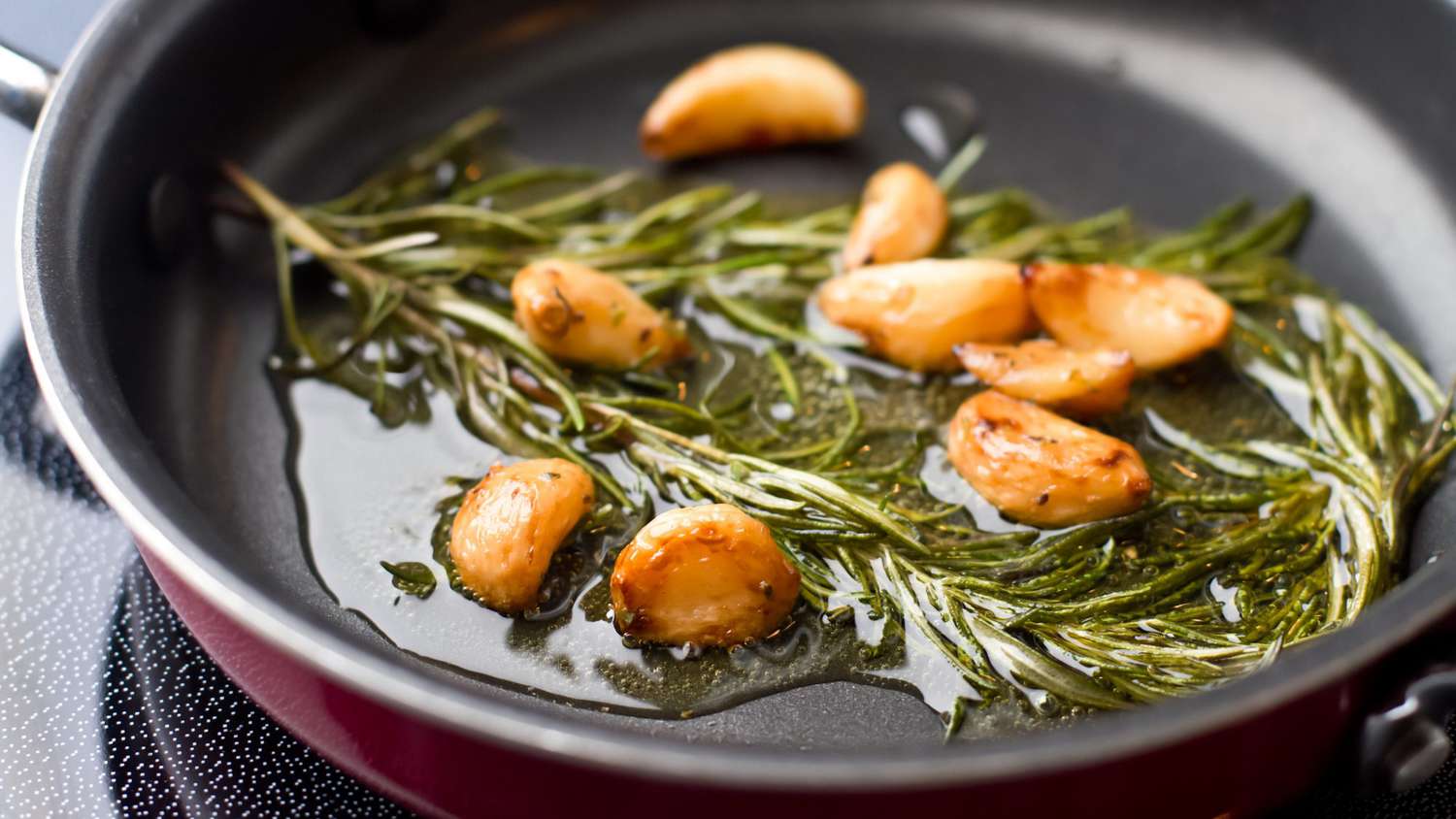Cooking the perfect burger is an essential skill every kitchen professional should master. But how do you achieve that mouthwatering, juicy texture in a cast iron skillet? In this article, we'll dive deep into the art of burger-making, ensuring that you'll impress your diners with every bite.
The secret to learning how to cook a juicy burger in a cast iron skillet lies in understanding the nuances of meat selection, seasoning, and cooking temperature. From picking the right cut to utilizing techniques that lock in the flavors, this guide will cover it all.

Choosing the Right Meat for Your Burger
The first step in crafting a juicy burger starts with selecting high-quality ingredients. Look for ground beef that has a fat content of around 15-20%. This fat content is crucial in developing a rich flavor and juicy texture. Consider using premium cuts such as chuck, sirloin, or even a blend of short rib and brisket. The right meat will significantly elevate the quality of your burger.
Seasoning your Burger
While you can certainly experiment with various spices and herbs, a classic approach often yields the best results. Simply seasoning the meat with salt and pepper just before cooking will not only help to draw moisture but will also enhance the natural flavors. Form your patties without overworking the meat to prevent toughness.

Preparation of the Cast Iron Skillet
Preparing your cast iron skillet correctly is critical in achieving that desirable crust. Start by heating your skillet over medium-high heat. Its essential to allow sufficient time for the pan to preheat - this will also help in achieving that mouthwatering sear. You can test if the skillet is hot enough by splashing a few drops of water they should sizzle and evaporate almost instantly.
Cooking Techniques for Juicy Perfection
The cooking method is just as important as ingredient selection. Begin by adding a bit of oil to the skillet to prevent sticking. Once your patties are in place, resist the urge to press them down with your spatula. This will only release those precious juices you worked so hard to retain. Let the burgers cook for about 3-4 minutes per side, depending on your desired doneness. For those who prefer a medium-rare burger, look for an internal temperature of around 130F.

Adding Cheese and Toppings
If youre a cheese lover, adding cheese to your burger is an absolute must. Place a slice of cheese on your hamburger during the last minute of cooking, cover the skillet briefly with a lid to help it melt perfectly. For toppings, the sky's the limit. Consider classic options like lettuce, tomato, and pickles, or get creative with toppings like bacon, avocado, and specialty sauces.
Serving Your Burger
How you present your burger can leave a lasting impression. Consider using freshly baked brioche buns for added richness. Assemble your creations on a wooden platter and serve alongside homemade fries or a fresh salad to elevate the dining experience.
Cleanup and Maintenance of Cast Iron
After savoring your delicious burgers, it's crucial to clean and maintain your cast iron skillet properly. Allow the skillet to cool down, then use warm water and a non-abrasive sponge to clean it. Always dry it thoroughly to prevent rust, and apply a light coat of oil for protection.
FAQs
1. What type of meat is best for burgers?
Ground beef with a fat content of 15-20% is ideal for juicy burgers.
2. How can I prevent my burgers from sticking to the skillet?
Make sure to preheat your skillet and add a little oil before cooking your patties.
3. What temperature should burgers be cooked to?
For medium-rare burgers, aim for an internal temperature of 130F.
For further reading, check out how to cook salmon and steak in a cast iron skillet. These techniques can enhance your overall cooking repertoire.
As an Amazon Associate, I earn from qualifying purchases.






Leave a comment
This site is protected by hCaptcha and the hCaptcha Privacy Policy and Terms of Service apply.